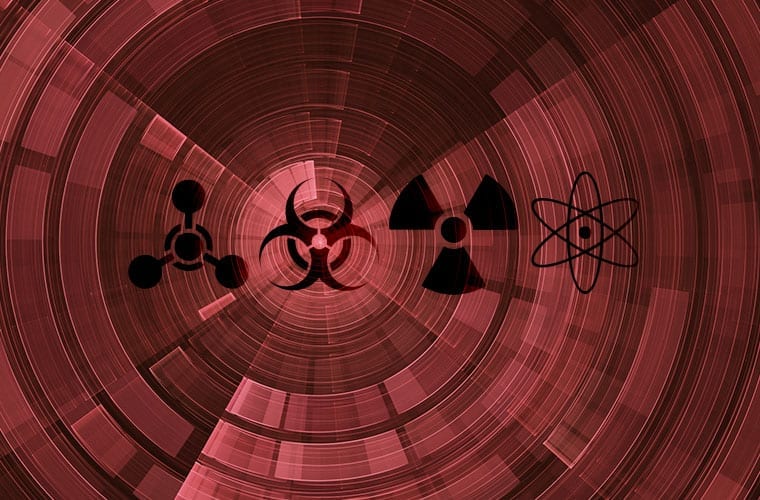The Defense Advanced Research Projects Agency (DARPA) has made an award to Arktis Radiation Detectors Ltd. of Zurich, Switzerland in support of the SIGMA Program.
SIGMA is a DARPA Defense Sciences Office (DSO) effort to back novel approaches to low cost, high efficiency, packaged radiation detectors for identifying hidden threats, ranging from special nuclear materials (SNM) to radiological sources.
The SIGMA Broad Agency Announcement (BAA) was released in December 2013 and this is the first award announced under the research and development funding mechanism.
The Arktis award is valued at $199,830 for the base contract with a $1,048,238 option.
While the award announcement does not provide specifics, the BAA generally sought concepts for advancing both personal (e.g., belt mounted, pocket-size, worn) and large area (~meter-scale) radiation detectors that will allow an order of magnitude reduction in cost per unit while significantly increasing detection capability compared to the current state-of-the art.
MODES_SNM
Arktis Radiation Detectors Ltd. in May 2014 announced a new system called Modular Detection System for Special Nuclear Material (MODES_SNM) designed to better detect radiological threats by being more precise in distinguishing their radiation signature from natural backgrounds.
MODES_SNM was developed via a consortium made up of Arktis Radiation Detectors Ltd, the University of Padova (Italy), the National Centre for Nuclear Research in Poland, ETH Zurich (Switzerland), CAEN Spa (Italy), the University of Insubria (Italy), the Revenue Commissioners (Ireland), and the University of Liverpool (UK).
MODES_SNM is the first of its kind to combine fast and thermal neutron detection. It has already undergone rigorous tests at the European Commission’s Joint Research Centre and the Port of Rotterdam, and is now being tested by customs organizations.
As part of the recent tests the system has been used to verify that parked containers do not contain threats such as uranium, plutonium, or radiological components for “dirty bombs”.
A unique advantage of the MODES_SNM system – which is modular and mission configurable – is its ability to identify materials surrounding a potential threat object. This information is of high value, as it can allow operators to exclude the possibility of a detected plutonium source being a “ready-to-go” nuclear weapon.
The MODES_SNM system is also noted to be more sustainable than many current systems, as it does not use 3He, the expensive raw material that is typically used in most neutron detection systems.
Sources: FBO.gov, Arktis Radiation Detectors


